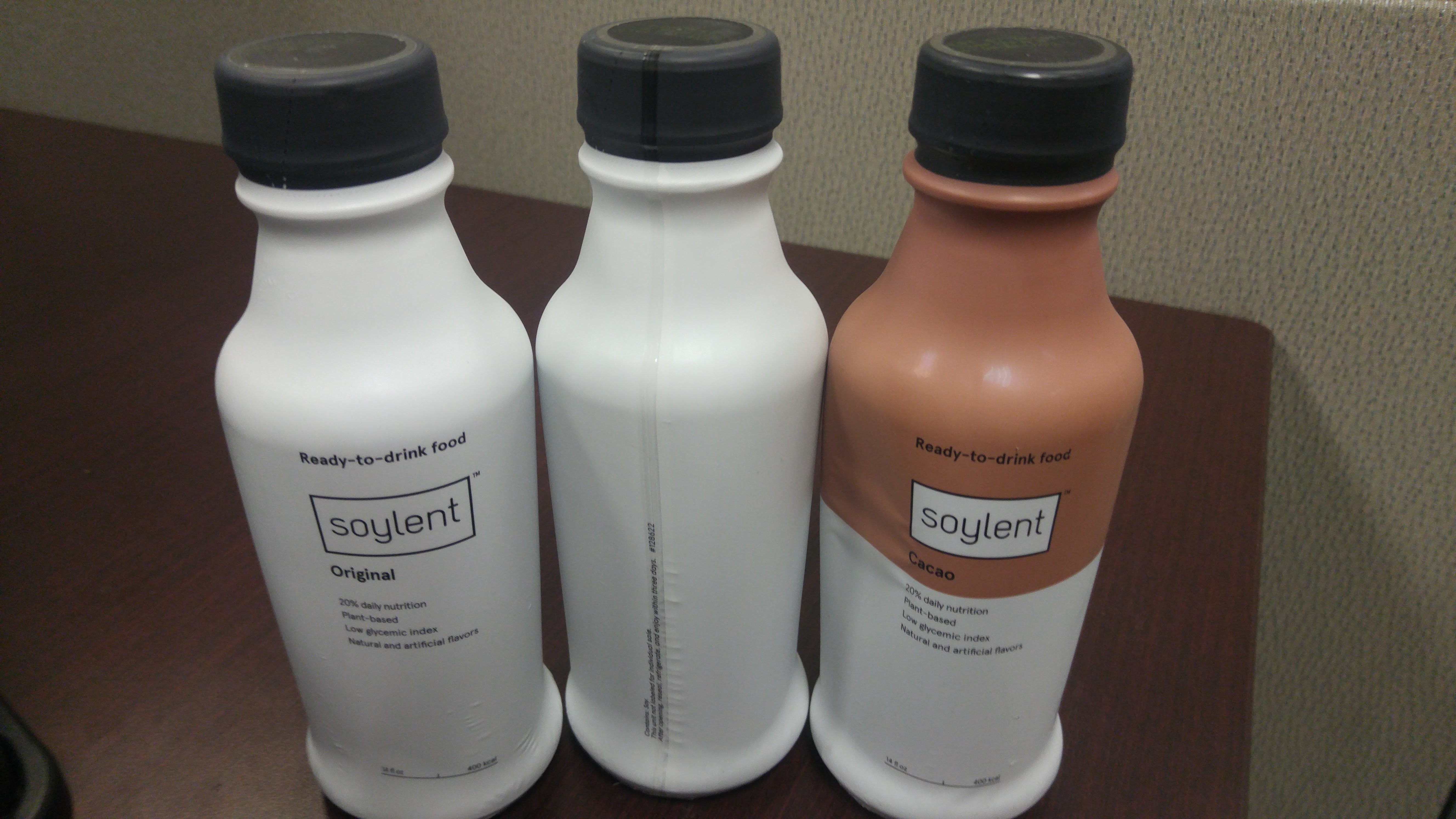The other day I came across an interesting article explaining that Soylent got banned in Canada for not being a meal replacement. But after reading the article, I wanted to find out more about this. What is Solyent? What are meal replacement products? And what is the reason behind Soylent getting banned in Canada? Since no one gave me an explanation to my questions, I decided to do some research on my own, and this is what I found out.
What the heck is Soylent anyway?

According to their website, Soylent is a product that “turns a full meal into a one-step process.” More specifically, Soylent contains “Protein, carbohydrates, lipids, and micronutrients, each Soylent product contains a complete blend of everything the body needs to thrive.” So on the days you are late to school, or want to skip lunch for Netflix, or want a midnight snack, Soylent would be something that you should keep in your kitchen.
Everything sounds too good to be true here, as Soylent seems to work out as a perfect replacement for a meal. I would love to simply grab a drink from my fridge on days where I’m too busy or too lazy to cook. Also, if we think about the costs of eating at home or outside, Soylent also seems to be cost-efficient.
But what is a meal replacement?

Before finding out why Soylent got banned, I wanted to find out what exactly are meal replacement products. According to the Canadian Food Inspection Agency (CFIA), meal replacements are products that contain “a minimum food energy value of 225 Calories per serving, a specified amount and quality of protein, a maximum amount of energy derived from fat (35 percent) and a specified amount of various vitamins and mineral nutrients.” Simply put, meal replacement products should contain everything a human needs in a meal, in a single can, bottle, or in a powdered form.
Also, on that side note, it was interesting to find out that meal replacements are mostly advertised and used as diet products and for body building, instead of what the Soylent website advertises it for. So wait, Soylent is actually a product that should be used for diet and body building, not as a replacement for my breakfast, lunch and dinner?
So why did it get banned?

While the Soylent product sounds like a really nice thing to have in my kitchen, the CFIA thought otherwise. According to the CFIA, Soylent does not meet the compositional requirements for meal replacements in Canada. Which basically means that Soylent simply can’t provide our body with the essential nutrients and calories. As a result, Soylent is no longer shipped to Canada.
In regards to CFIA’s decision, the CEO of Soylent, Rob Rhinehart, said that “although we feel strongly that these requirements do not reflect the current understanding of human nutritional needs, we respect the CFIA’s regulations…”.
So this is a short summary of what Soylent is, what meal replacement products are, and why Soylent got banned in Canada. What are your views? Did CFIA’s decision reflect the current understanding of human nutritional needs, or does Soylent simply lack in both calories and nutrition to be called meal replacement products?


